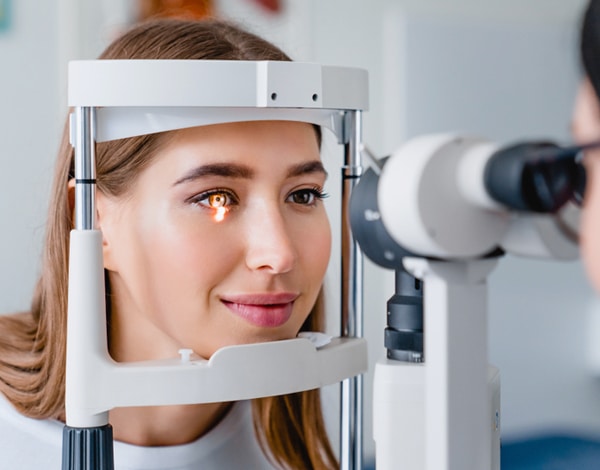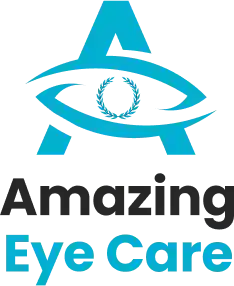
Our optometrist at Amazing Eye Care is specially trained to perform diabetic eye exams using advanced Eidon and OCT optovue technology. This cutting-edge equipment allows us to detect early signs of diabetes, making our doctor the top choice for diabetic eye exams. Whether you have recently been diagnosed with diabetes or have uncontrolled diabetes, we have the expertise and technology to help.
Diabetes is a prevalent chronic health condition in the United States, with an estimated 100 million adults living with diabetes or pre-diabetes. This metabolic disorder affects the body's ability to regulate blood sugar levels, requiring intervention to maintain stability. While many people are aware of the severe health consequences of diabetes, they may not realize it can also impact vision. Diabetic retinopathy is a complication that can lead to permanent vision loss if left untreated. Regular diabetic-related eye exams are crucial for patients with diabetes to monitor and prevent vision complications.
Frequently Asked Questions
What Is Diabetic Retinopathy?
Am I At Risk Of Diabetic Retinopathy?
- Your blood sugar levels are not under control or are poorly managed.
- You have a lengthy history of diabetes.
- You have hypertension (high blood pressure).
- You experience high cholesterol levels.
- You are currently pregnant.
What To Expect From Diabetic-Related Eye Exams?
The diabetic eye exam is a simple part of a comprehensive eye exam and may not be easily distinguishable as a separate test. During the screening, eyedrops will be used to blur your vision, causing a temporary stinging sensation. You will then position your head on a device and look through a lens connected to a camera, which will capture images of the back of your eyes for assessment by your eye doctor. This process involves flashes of light but should not be painful.
In addition to the eye images, you will also undergo a visual acuity test by reading letters from a chart and a card held in front of you. The results of the exam will help your eye doctor identify any signs of diabetic retinopathy and determine the best course of action for managing your condition, which may include improved diabetes control, medication, or other treatments to protect your vision. Your eye doctor will provide more detailed information based on your specific situation.
If you have any questions about diabetic eye exams, please reach out to our experienced eye care team for assistance.

